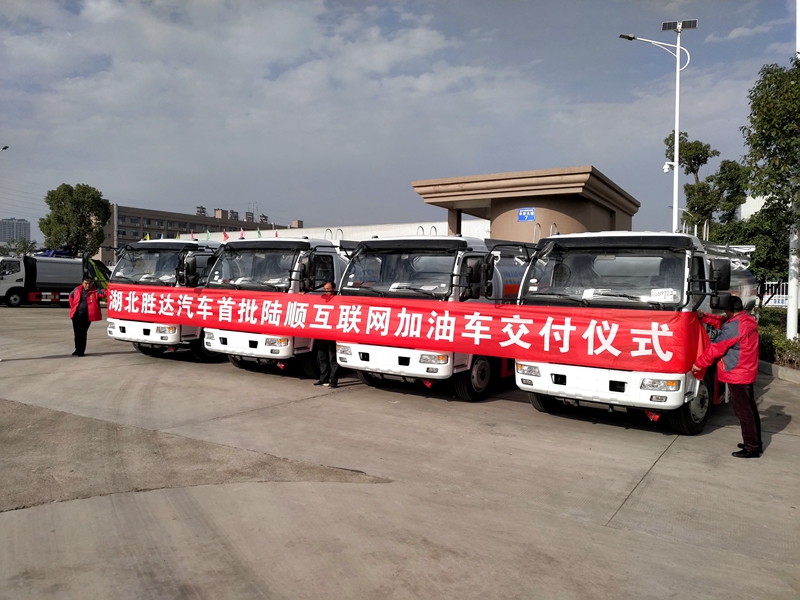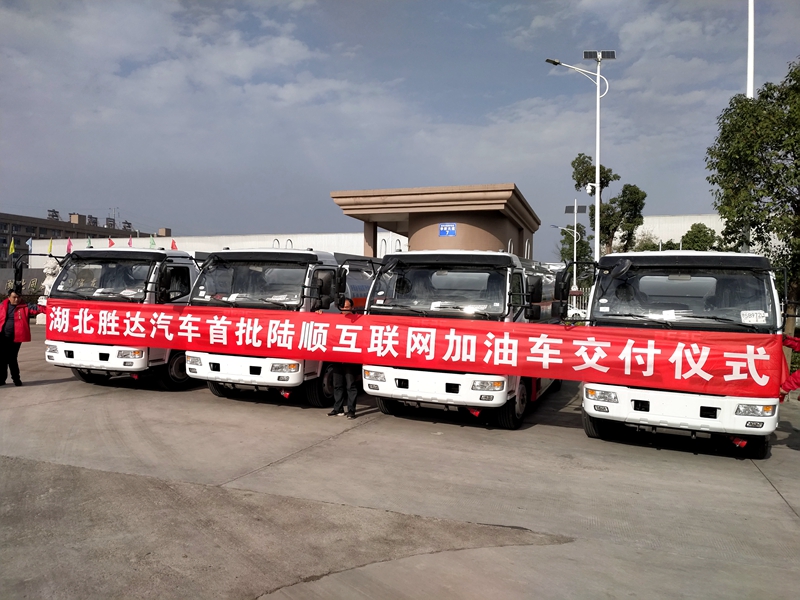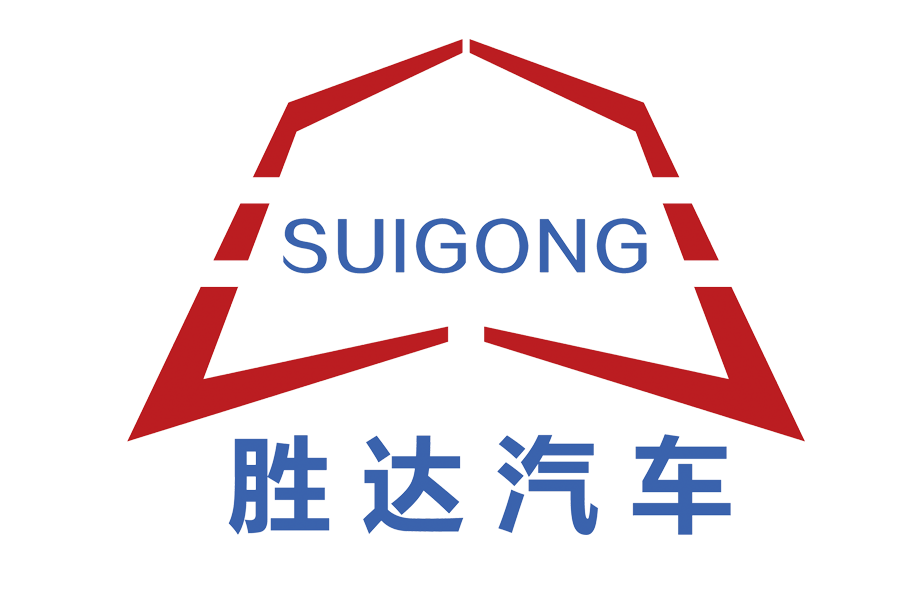On November 25, 2023, Shengda Automobile delivered the first batch of 5 Internet refueling vehicles to Lushun, totaling 20 refueling vehicles. The remaining 15 vehicles will be produced later and dispatched successively.


In the modern energy supply chain, oil-tanker, Oil tankers, Tanker truck, oil truck, and refueling truck, among other oil tank transport vehicles, play an indispensable role. They are like the arteries of energy flow, safely and efficiently transporting crude oil and its products from production sites to various demand points, thus supporting the operation of the global economy.
An oil-tanker, which is what we commonly refer to as an oil tanker, is the mainstay of maritime oil transportation. These colossal vessels have a huge oil storage capacity, enabling them to transport large volumes of crude oil in a single voyage. Navigating across vast oceans, oil-tankers shuttle between various ports, connecting oil-producing and consuming countries around the world. Their design and construction undergo rigorous consideration to ensure safe navigation even in adverse sea conditions. For instance, the hulls of oil tankers are robustly structured and equipped with advanced navigation and anti-collision systems, effectively reducing the risk of maritime accidents. Moreover, with the rise of environmental awareness, modern oil-tankers have also made significant progress in energy conservation and emission reduction. They adopt more efficient engines and exhaust gas treatment technologies to minimize their impact on the marine environment.
Unlike oil-tankers, Tanker trucks primarily undertake the task of land-based oil transportation. They are flexible and convenient, capable of traveling under various road conditions, transporting oil products from refineries, gas stations, and other locations to various end-users. There is a wide variety of Tanker trucks, and their designs and configurations vary depending on the type of oil products they transport. For example, Tanker trucks transporting gasoline need to have better sealing and explosion-proof performance to ensure safety during transportation. In contrast, those transporting diesel may focus more on transportation efficiency and cost control. These Tanker trucks traverse the roads in cities and countryside every day, providing a continuous supply of energy for people's lives and industrial production.
An oil truck, to some extent, overlaps with the concept of a Tanker truck but can also be understood as a more general term for oil tankers. They are not only used for transporting oil products but may also be involved in the transportation of other liquid chemicals. The drivers of oil trucks need to undergo professional training and be familiar with the characteristics and safe operating procedures of the goods they transport. During transportation, they must remain vigilant at all times to ensure the safe operation of the vehicles. Meanwhile, relevant departments also impose strict supervision on oil trucks, including regular vehicle inspections and driver qualification reviews, to safeguard transportation safety.
A refueling truck is a special type of oil tank transport vehicle. They mainly serve gas stations, airports, mines, and other places, providing refueling services for various vehicles and equipment. Refueling trucks are usually equipped with advanced refueling equipment and metering systems, enabling them to quickly and accurately refuel vehicles. In some remote areas or special environments, refueling trucks play an irreplaceable role. For example, in mines, large-scale machinery and equipment require a large amount of fuel supply, and refueling trucks can promptly deliver fuel to the site to ensure the normal operation of the equipment. Moreover, with the development of technology, some refueling trucks are also equipped with intelligent management functions, which can monitor the inventory and usage of fuel in real-time, improving operational efficiency.
However, oil tank transport vehicles also face some challenges during operation. On the one hand, oil and its products are flammable and explosive. Once a leakage or accident occurs, it may cause serious environmental pollution and casualties. Therefore, strengthening the safety management of oil tank transport vehicles is of utmost importance. Relevant departments need to continuously improve safety regulations and standards and strengthen supervision over transportation enterprises and vehicles. On the other hand, with the continuous growth of energy demand and increasingly stringent environmental requirements, oil tank transport vehicles also need to undergo continuous technological innovation and upgrading. For example, developing more energy-efficient and environmentally friendly transportation equipment, improving transportation efficiency, and reducing operating costs.
To enhance the dissemination effect of news related to oil tank transport vehicles and improve visitor conversion rates, when writing news articles, we can implant links to relevant categories or products in appropriate positions. For instance, when introducing different types of oil-tankers, we can link to the websites of relevant shipbuilders or leasing companies; when mentioning Tanker trucks and oil trucks, we can link to the pages of automobile sales platforms or transportation service providers; for refueling trucks, we can link to the websites of fueling equipment suppliers or gas station management systems. In this way, readers can directly click on the links to learn more and make inquiries if they are interested in relevant products or services while reading the news, thereby increasing visitor conversion rates.
In conclusion, oil-tanker, Oil tankers, Tanker truck, oil truck, and refueling truck play a crucial role in the field of energy transportation. We should fully recognize their importance, strengthen safety management, and promote technological innovation to better meet society's demand for energy while achieving sustainable development. In the future, with the continuous advancement of technology, oil tank transport vehicles will become safer, more efficient, and more environmentally friendly, making greater contributions to the development of human society.

